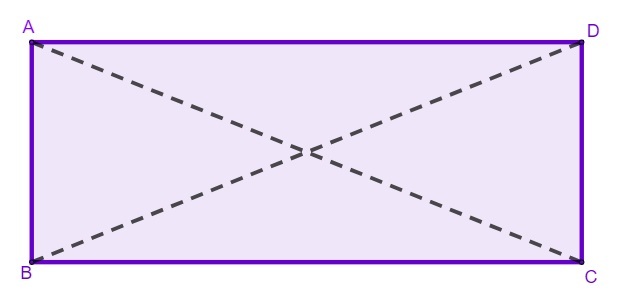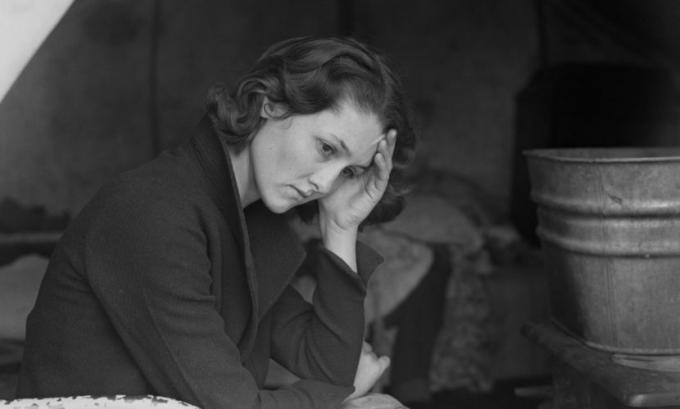The film Napoleon opens today, November 23, in theaters. The production shows the biography of the former emperor of France, participant in the French Revolution and one of the most emblematic figures in world history.
The feature film, starring Joaquin Phoenix, who won the Oscar for best actor for the film The Joker in 2020, is one of the most anticipated films of the year.
Film critics have praised the film Napoleon, considering it intelligent, well-made and with acid humor. The protagonist Napoleon of Phoenix is presented in a passionate and pathetic way, according to critics.
Who was Napoleon?
Napoleon Bonaparte He was one of the main generals involved in the French Revolution, a revolutionary cycle that took place between 1789 and 1799, responsible for the end of the privileges of the aristocracy and the end of Absolutism. He was also emperor of France.
The former French emperor was born in 1769, in Ajaccio, a city in French Corsica. After completing his basic studies, he pursued a military career. The future politician enrolled at the Paris Military School, where he studied war strategies and specialized in artillery.
Napoleon is considered to be a great strategist and politician. He died in 1821, following the defeat at the Battle of Waterloo.
Napoleon in the French Revolution
Napoleon is remembered for his participation in the French Revolution. According to This article, in 1799, in the phase Consulate of the Revolution, there was a political coup engineered by members of the high bourgeoisie, some nobles and members of the army who, together with Napoleon, sought a strong and centralizing government.
The article also shows that the day of the coup was named by experts on the subject as ‘The 18th Brumaire’. This Coup is considered the beginning of the Napoleonic era. In the Consulate, political power was divided between three: in addition to Napoleon, there were Roger Ducos and Emmanuel Sieyès. This structure lasted until 1804, when, through a plebiscite, Napoleon managed to become emperor.
Do not stop now... There's more after the advertising ;)
Napoleon Emperor of France
The phase of Napoleon Bonaparte's Empire in France, according to This article, was characterized by intense wars fought across the European continent. These wars were seen by Napoleon and his followers as “liberating”, given that their target The main issue was not the States, specifically, but a model of political support that permeated most of them to period: the monarchical absolutism.
Another characteristic of the Napoleonic Empire were the profound social and political reforms implemented in France, such as those associated with the Napoleonic Civil Code, which dealt with fundamental rights, such as freedom of expression and thought, the right of coming and going, the right to property and several others that would constitute the democratic constitutions of Western nations from the XIX century.
The article on the Napoleonic Empire also shows that this era began to face several problems from the year 1812 onwards. Napoleon, at that time, had two major battle fronts on the European continent: one to the West, in Iberian Peninsula, against the Spanish, and another in the East, against the Austrians, Prussians and the principalities Germans.
Russia, which until then had been following the Continental Blockade sanctions, broke with France and entered the war against Napoleon. The war of Napoleonic troops against Russia was one of the most fateful for the French Empire. The harsh winter placated Napoleon's soldiers.
Napoleon former emperor
From then on, Napoleon began to lose his strength as emperor. Russia, Prussia and Austria managed to invade France in 1815. Napoleon surrendered and was exiled to the island of Elba. However, shortly afterwards, he managed to organize his escape, reunite his army and take back power for a period of one hundred days.
This short period ended with the famous Battle of Waterloo, in which his army was defeated by the alliance between the English, Austrians, Russians and Prussians. After this defeat, Napoleon was exiled again, but this time to the island of Saint Helena, in the Atlantic. South, far from the European continent, remaining there under English custody until 1821, when died.
Video lesson about the Napoleonic period
Curiosities about Napoleon Bonaparte
In his 51 years of life, Napoleon Bonaparte accumulated several titles and curiosities. See the main ones below:
Considered one of the most emblematic figures in human history.
He was compared to great conquerors such as Alexander the Great, of Macedonia, and Octavius Augustus, of Pomegranate.
He is remembered for his genius as a war strategist and his great skills as a politician
He was the author of several catch phrases, such as, for example, “Soldiers of France! From the top of these pyramids, forty centuries gaze upon you!” to his soldiers during the Battle of the Pyramids, in Egypt, in June 1798
Napoleon “collected” enemies. The kingdoms of Austria, Prussia and Russia were among the main ones.
The figure of Napoleon was the subject of some novels, such as Stendhal (The Red and the Black It is The Charterhouse of Parma), Dostoevsky (Crime and Punishment) It is Tolstoy (War and peace).
Read too:
Film Oppenheimer and the invention of the atomic bomb: see what to study on the topic
Black Awareness Day: see 10 films about racism
Image credit:
[1] Oscar González Funtes/ Shutterstock
By Silvia Tancredi
Journalist


